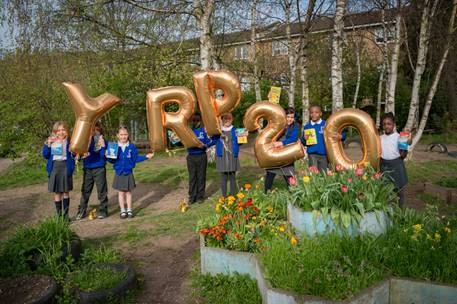<link href="https://cdn.sur.ly/widget-awards/css/surly-badges.min.css" rel="stylesheet">
<div id="surly-badge" class="surly__id_56779743 surly-badge_white-gradient" onclick="if(event.target.nodeName.toLowerCase() != 'a' && event.target.parentElement.nodeName.toLowerCase() != 'a') {window.open('https://sur.ly/i/parentingwithouttears.com/'); return 0;}">
<div class="surly-badge__header">
<h3 class="surly-badge__header-title">Content Safety</h3>
<p class="surly-badge__header-text">HERO</p>
</div>
<div class="surly-badge__tag">
<a class="surly-badge__tag-text" href="https://sur.ly/i/parentingwithouttears.com/"> parentingwithouttears.com </a>
</div>
<div class="surly-badge__footer"> <h3 class="surly-badge__footer-title">Trustworthy</h3> <p class="surly-badge__footer-text">Approved by <a href="https://sur.ly" class="surly-badge__footer-link">Sur.ly</a> </p> </div> <div class="surly-badge__date">2023</div>
</div>

Year 3 pupils from Crampton Primary School in South East London celebrate 20 years of the Young Readers Programme
New research published today by the National Literacy Trust reveals that three-quarters (77.6 per cent) of primary school children enjoy reading – the highest levels ever recorded by the charity. The research also highlights the link between enjoyment of reading and attainment, showing that the longer children keep an enjoyment of reading going, the greater the benefits are in the classroom: ten-year-olds who enjoy reading have a reading age 1.3 years higher than their peers who don’t enjoy reading, rising to 2.1 years for 12-year-olds and 3.3 years for 14-year-olds.
The research launch marks the 20th anniversary of the National Literacy Trust’s Young Readers Programme – the first-ever national school-based reading for enjoyment initiative. To celebrate, the charity has published a top tips guide for parents to help get their child excited about reading, alongside a brand new book list to inspire children to get reading, which celebrates the most popular books chosen every year of the last two decades by the children who have taken part in the Young Readers Programme.
Top tips for parents
Parents can also use the National Literacy Trust’s brand new book list, 20 Years of Children’s Choices, to help inspire their child to read. The list celebrates the most popular books chosen every year of the last two decades by the children who have taken part in the Young Readers Programme.